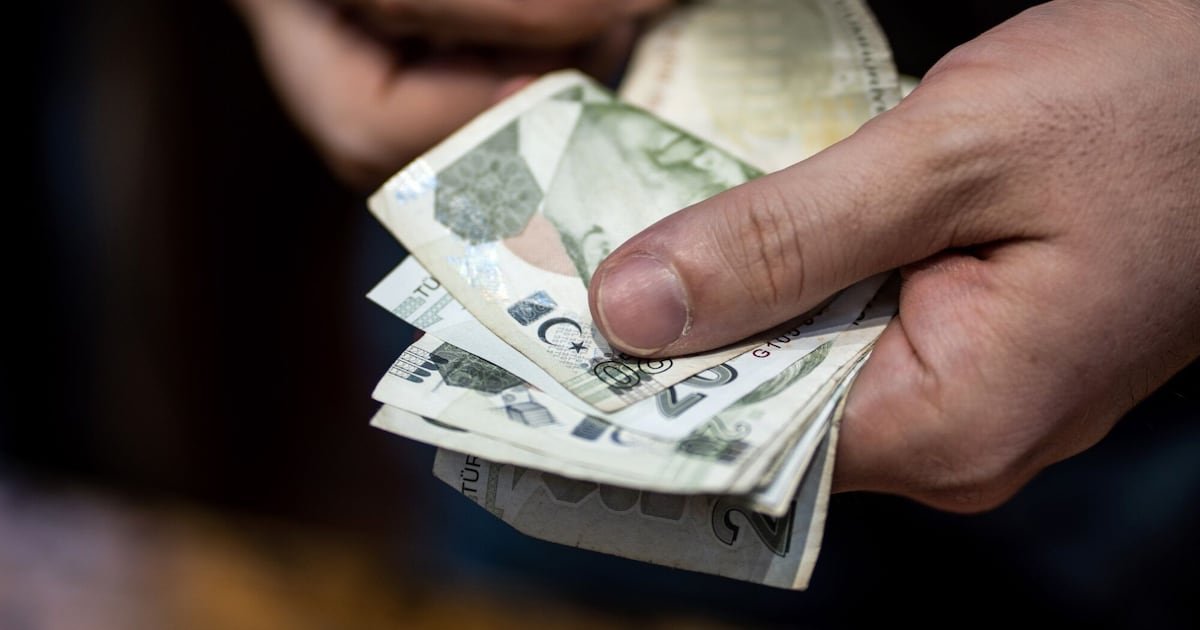(Bloomberg) — A trade that netted hedge fund Promeritum Investment Management returns of over 30% has run its course, according to its co-founder, who is switching out of distressed emerging-market dollar bonds after a two-year run and moving into local-currency EM debt.
The move by Promeritum comes after wagers on defaulted bonds from the likes of Sri Lanka, Ghana and Ukraine earned it returns of roughly 16% in each of the previous two years, surpassing gains made by a Bloomberg index of EM debt hedge funds over this period. The trade also helped extend the fund’s track record of notching gains every year since its 2015 inception, while its 9% annualized return since then is triple what the EM dollar debt index has achieved.
While the bet on distressed bonds paid off handsomely for the macro and fixed-income fund, a wave of debt restructurings across the developing world mean the best pickings are gone, according to Pavel Mamai, who manages $500 million from London, together with Promeritum’s co-founder Anton Zavyalov.
“The big distressed debt cycle, we think, is now over,” Mamai said in an interview. “It is quite unlikely that we will see the same number of default or distressed stories, bar a huge global shock.”
While some funds continue to punt on long-defaulted securities from Venezuela and Lebanon, Mamai finds these too speculative. Instead, he’s going for bonds denominated in local currencies such as the Turkish lira and Nigerian naira, predicting they will benefit from an upcoming wave of interest-rate cuts and slowing inflation.
Diving now into local EM bonds may seem counter-intuitive, given local markets in the developing world have been hit hard by dollar strength since President Donald Trump’s US election win. Yet, Mamai argues that reforms undertaken by EM policymakers in recent years, including lifting capital controls and tightening policy to tame inflation, are about to bear fruit. Real interest rates and inflation expectations could be topping out, he says, allowing many central banks to cut rates.
Turkey, Egypt, Kenya and Nigeria offer the most opportunities, as the EM “monetary policy transition cycle” gets underway, according to Mamai. While the fund’s top position is currently Turkey with almost 15% of holdings, it’s also looking for opportunities in Kazakhstan.
“We think the peak of the cycle is going be this year,” he said. “And the beauty of these trades is that they are unrelated to each other. We expect this to be a very significant contributor to our potential performance in 2025.”
Turkey, for instance, is at an inflection point, where inflation could decline faster than what the market expects, allowing interest rates to fall, he said. With the central bank cutting rates two months in a row and signaling more easing, Mamai sees the trade as a win-win of sorts.
“If the central bank cuts rates aggressively, you want to be in 10-year bonds. If it’s the other way around, you want to be in the one-year, but you will probably make 80% of your performance regardless of where you are,” said Mamai, who is currently positioned in the six- to 12-month segment of the curve.
Egypt is another market where Promeritum sees a significant inflation slowdown. But while many investors have piled into high-yielding short-dated debt there, Mamai prefers longer-tenor Egyptian bonds, betting the country has tamed inflation.
One trade Promeritum is steering clear of is the short EM bet that many hedge funds are embracing to capitalize on Trump-induced volatility, particularly in Asian and Latin American currencies. That’s because “destruction of wealth” doesn’t necessarily pay off for investors, according to Mamai.
“We believe that a fund like ours can only produce sustainable long term good returns if ultimately our interests are aligned with the country’s interests,” he added.
©2025 Bloomberg L.P.





